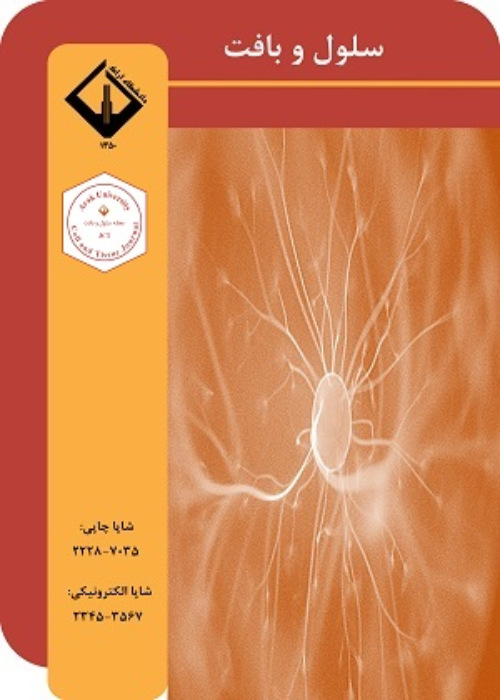The effect of 8 weeks of endurance training on vascular endothelial growth factor (VEGF) and endostatin (ES) protein levels in cardic tissue of diabetic rats with morphine withdrawal syndrome
About 80% of deaths caused by diabetes are related to cardiovascular diseases. Diabetes and morphine are the main risk factors for cardiovascular diseases that lead to endothelial dysfunction and defective angiogenesis. Today, many angiogenic and angiostatic factors have been identified that play an important role in cardiovascular health, and the most important of them are VEGF (angiogenic factor) and endostatin (angiostatic factor). In this study, the effect of eight weeks of endurance training on vascular endothelial growth factor (VEGF) and endostatin (ES) protein levels in the heart tissue of diabetic male Wistar rats with morphine withdrawal syndrome was investigated.
In this experimental study, 32 male Wistar rats were randomly divided into 4 groups of 8 including diabetes control (D), morphine diabetes (DM), diabetes + endurance training (D.ET) and morphine diabetes+ endurance training (D.M.ET). Then induction of diabetes and addiction to morphine was done. 72 hours after the injection, in order to ensure diabetes, the samples whose blood sugar level was more than 250 mg/dL were considered as diabetic. In order to ensure the dependence of the rats on morphine, at the end of the 21st day, by intraperitoneal injection of naloxone to the samples at the rate of 2 mg/kg of body weight, the signs of withdrawal from addiction such as: jumping, climbing, scratching, teeth grinding , redness around the eyes, diarrhea, tremors, eyelid drooping, erection and standing on two legs for 30 minutes were evaluated. The training groups performed an 8-week endurance training program. At the end of the study, all rats were sacrificed and their heart tissue was removed. VEGF and ES protein levels were measured by ELISA method. Data were analyzed using one-way ANOVA test at a significance level of p≤0.05.
The results showed that in diabetic and morphine rats, the level of VEGF and ES is significantly lower and higher than other groups, respectively (P<0.05). Also, endurance training is associated with improvement of VEGF and ES values in diabetes + endurance training and morphine diabetes+ endurance training groups (P<0.05). On the other hand, the level of VEGF and ES in group D with D.M.ET showed no significant difference (P>0.05).
In the present study, it was shown that eight weeks of endurance training caused a significant increase in VEGF in the heart tissue of diabetic rats with morphine withdrawal syndrome. Also, the level of ES protein as one of the most important internal inhibitory factors of angiogenesis decreased significantly. Our findings show that the intervention of endurance training is likely to be effective and useful in regulating the levels of angiogenic factors in the heart tissue of diabetic and diabetic rats in withdrawal syndrome and as a low-cost non-pharmacological solution in the treatment of cardiovascular diseases caused by addiction and diabetes are recommended to specialists in these fields.
- حق عضویت دریافتی صرف حمایت از نشریات عضو و نگهداری، تکمیل و توسعه مگیران میشود.
- پرداخت حق اشتراک و دانلود مقالات اجازه بازنشر آن در سایر رسانههای چاپی و دیجیتال را به کاربر نمیدهد.


